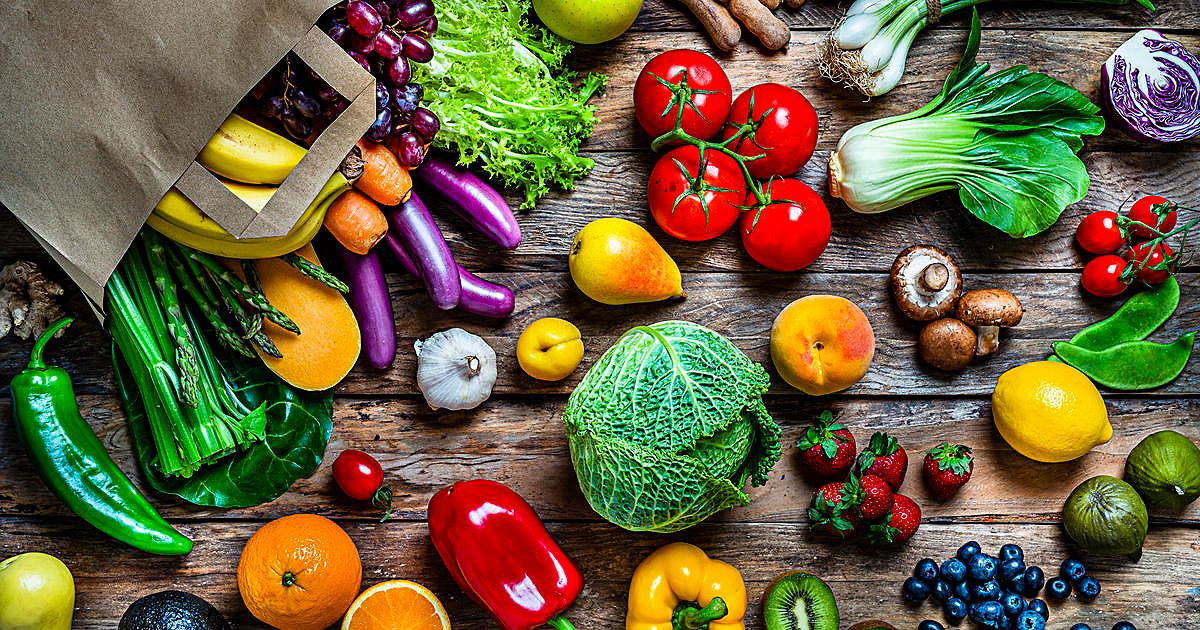Pennsylvania announces a $1.8 million investment to support conventional farms transitioning to organic farming, aiming to meet the growing consumer demand for organic products.
Pennsylvania’s Investment in Organic Farming
Pennsylvania is taking a significant step towards supporting sustainable agriculture practices by investing $1.8 million in organic farming. This investment aims to meet the growing consumer demand for organic products and bridge the gap between supply and demand.

( Credit to: Cbsnews )
The state’s deputy agriculture secretary, Cheryl Cook, explains that for organic food prices to decline, more farmers need to produce it. By supporting conventional farms in transitioning to organic farming, Pennsylvania hopes to encourage more farmers to enter the organic market and increase the supply of organic products.
Organic farming has gained popularity in Pennsylvania in recent years. Currently, there are 1,125 certified organic farms in the state, covering 100,000 acres, which is a 48% increase since 2019. This growth reflects the rising interest among consumers in knowing where their food comes from and the desire for ethically produced, environmentally friendly options.
The Benefits of Organic Farming
Organic farming offers several benefits, making it an attractive choice for many farmers and consumers. In addition to producing food without the use of synthetic pesticides and fertilizers, organic farming also includes animal welfare requirements. This holistic approach to agriculture aligns with the values of many Pennsylvanians who prioritize sustainable and ethical practices.
Furthermore, organic farming promotes soil health and biodiversity, reduces water pollution, and supports long-term sustainability. It focuses on building healthy soil through practices such as crop rotation, cover cropping, and the use of organic matter. These methods not only benefit the environment but also contribute to the production of nutritious and flavorful food.
Addressing Concerns and Misconceptions
While the demand for organic products is growing, concerns and misconceptions still exist. One common concern is the higher prices of organic food compared to conventional options. Cheryl Cook addresses this by explaining that as more farmers enter the organic market and supply increases, the prices of organic and conventional products are converging. In fact, some organic store brands are priced lower than name-brand conventional products.
Another misconception is the true meaning of the organic label. Cook emphasizes that the USDA organic seal ensures that food is produced without artificial preservatives, colors, or sweeteners. It simplifies the process of reading labels and provides a nationwide standard for organic production.
However, it is important to note that organic production entails additional labor and input costs, which contribute to the overall higher prices. While organic prices may not align completely with conventional food prices, the investment in organic farming by Pennsylvania aims to make organic food more accessible and affordable for a wider range of consumers.
Investment in Organic Farming
The $1.8 million investment includes $750,000 for the Rodale Institute, a Berks County-based organization that supports organic farming research, and $1 million for Team Ag, an agricultural engineering and consulting firm in partnership with Pennsylvania Certified Organic and Kitchen Table Consultants.
This funding will help farmers increase their organic output and support their transition to organic farming practices. By providing resources and assistance, Pennsylvania is empowering farmers to meet the growing demand for organic products and contribute to a more sustainable and environmentally friendly agricultural sector.
Conclusion
Pennsylvania’s investment in organic farming is a significant step towards supporting sustainable agriculture practices and meeting the increasing consumer demand for organic products. With the number of certified organic farms in the state on the rise, there is hope that organic food will become more accessible and affordable for all consumers.
By promoting organic farming, Pennsylvania is not only addressing the concerns and misconceptions surrounding organic food but also championing environmental stewardship and healthier food options. This investment will contribute to a more resilient and sustainable agricultural system, benefiting both farmers and consumers in the long run.
